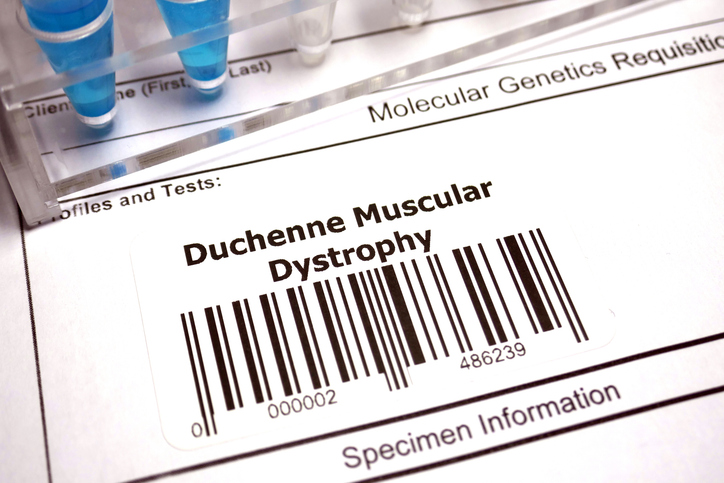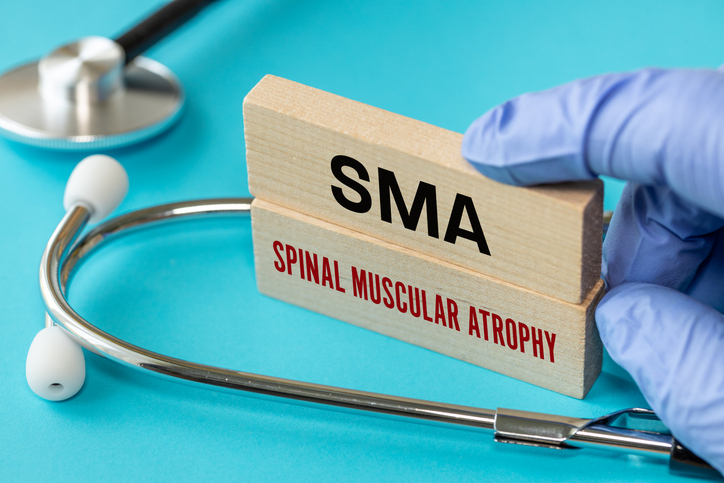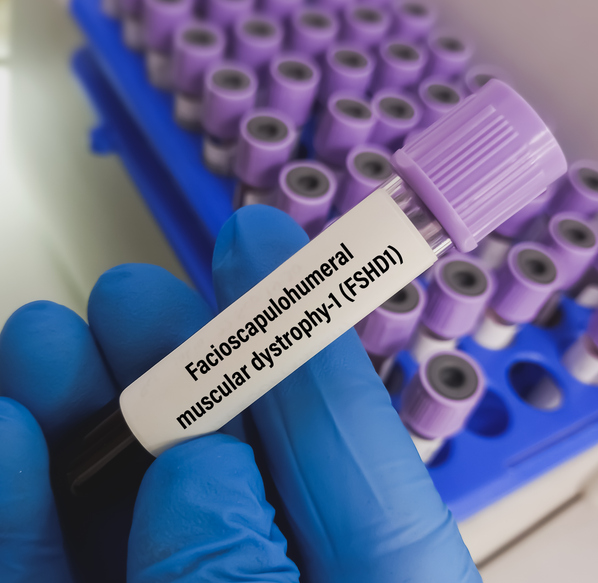
In this week’s edition of DocWire News’ Homepage round-up: Reducing the number of liquor stores in urban areas might drop the murder rate; the use of cannabis linked to the formation of false memories; people with neurological disorders have a greater risk of committing suicide; and DocWire News spoke with the author of a study on medical students losing empathy throughout med school.

Reducing the number of liquor stores in urban residential areas may attenuate the homicide rate, according to the findings of a new study published in the Journal of Studies on Alcohol and Drugs. The researchers focused their analysis on the city of Baltimore, which has one of the highest murder rates in the country. They developed a computer model that took into account homicide rates in Baltimore along with previous research that shows 50% of violent crime can be attributed to access to alcohol, and subsequently analyzed three main policy changes. Subsequent to factoring in additional data related to homicide–such as socioeconomic status, population density, and drug arrests–the computer modeling predicted that an overall reduction of alcohol outlets by approximately 20% would cut homicides by 51 victims a year and save $63.7 million.

Is Memory Reliable When High? New Study Finds a Troubling Link Between Cannabis Use and False Memory
The use of cannabis is linked with an increased susceptibility to forming false memories, according to a new study published in Proceedings of the National Academy of Sciences (PNAS). In this double-blind, randomized, placebo-controlled trial, the researchers assessed both the immediate and delayed effects of tetrahydrocannabinol (THC) intoxication on susceptibility to false memory in 64 healthy, occasional cannabis users (32 male, 32 female mean age, 23). On separate test days, each subject inhaled either a single dose of cannabis (300 μg of THC per kg of body weight) or a placebo. Subsequently, each participant was tested on their capacity to encode and retrieve memories while intoxicated and then tested on their ability to retrieve memories one week later when sober. “With the growing global acceptance of cannabis and its widespread use by eyewitnesses and suspects in legal cases, understanding the popular drug’s ramifications for memory is a pressing need,” the research authors wrote.

Having a diagnosis of a neurological disorder is associated with an increased risk of suicide, according to a recent study published in JAMA. In this nationwide cohort study, researchers assessed 7,300,395 people 15 years and older living in Denmark from 1980 until 2016. According to the results of the study, more than 7.3 million individuals observed over 161.935,233 person-years, 35,483 died by suicide. Of those, the results showed that 14.7% were diagnosed with a neurological disorder, equivalent to a suicide rate of 44.0 per 100.000 person-years compared with 20.1 per 100,000 person-years among individuals not diagnosed with a neurological disorder. The researchers wrote in conclusion that: “In Denmark from 1980 through 2016, there was a significantly higher rate of suicide among those with a diagnosed neurological disorder than persons not diagnosed with a neurological disorder. However, the absolute risk difference was small.”

Last week, DocWire News covered a study which suggests that medical students lose empathy as they progress through medical school. We spoke with lead researcher Mohammadreza Hojat, PhD, who detailed what prompted him to undertake this study. “As a psychologist by academic training, I became interested in exploring the effects of human relationships in health and illness,” said Dr. Hojat, of the Sidney Kimmel Medical College at Thomas Jefferson University. The study comprised 10,751 medical students (3,616 first-year, 2,764 second-year, 2,413 third-year, and 1,958 fourth-year students) enrolled in 41 campuses of DO-granting medical schools in the US while comparing preexisting data from students of MD-granting medical schools. All participants were asked to complete a web-based survey at the end of the 2017-2018 academic year. The results showed a decline in empathy scores between medical students in the pre-clinical years (first-and-second year students) and medical students in the clinical years (third-and-fourth year students). The findings of the study “raise a red flag for medical education leaders,” said Dr. Hojat. “Among implications of the findings is a call for the development and implementation of targeted educational programs in medical schools to enhance and sustain empathy in physicians-in-training.”







 © 2025 Mashup Media, LLC, a Formedics Property. All Rights Reserved.
© 2025 Mashup Media, LLC, a Formedics Property. All Rights Reserved.